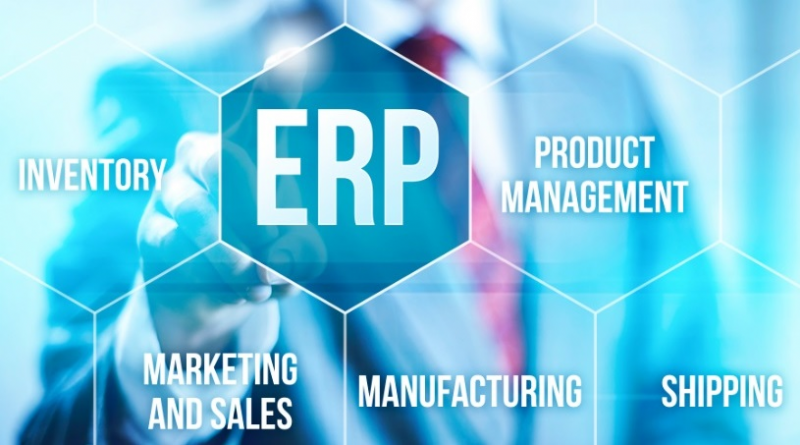
會計、管理會計 與 ERP
最初Gartner公司於1992年所提出及APICS(American Production and Inventory Control Society) 1995年在其第8版的字典中對ERP所下的定義,以會計為導向的資訊系統(Accounting-oriented information system),讓後續跟進傳播者多數將ERP的功用設限於會計資訊的效用性,甚至認為ERP只要能將存貨評價與期末財務報告產生出來就達成目標了,將ERP以會計為導向一詞的會計accounting設限於財務會計,忽略了管理會計該扮演的角色與重要性。一般而言,財務會計將企業經營的過程與結果表達出來,而管理會計卻能夠將營運過程的管理控制做好。
APICS Dictionary 8th Edition (1995) : An accounting-oriented information system used to identify and plan the required overall enterprise resources and make integrated planning for manufacturing, delivery and dealing with customer orders.
APICS Dictionary 11th Edition : Framework for organizing, defining, and standardizing the business processes necessary to effectively plan and control an organization so the organization can use its internal knowledge to seek external advantage.
雖然APICS字典自第11版以後對ERP的定義不再出現Accounting會計的字樣,但會計畢竟是表達企業經營過程與結果的語言,而管理會計與企業營運的管理控制幾乎為同義詞,會計與ERP兩者仍然是密切相關的領域,因此,要掌握ERP的功能與效用就必需學習會計、了解會計,特別是管理會計。
我們現在給予ERP一個簡易明瞭的定義,ERP協助企業因應新世代經濟環境與市場的變遷—作為企業實踐商業模式(Business Model)的資訊工具(CBIS : Computer-Based Information System),而商業模式作為企業生存與永續經營的運作方法,管理會計應回歸其在ERP所扮演的重要角色,Christensen定義商業模式的四個元素 : Customer Value Proposition客戶價值主張、Profit Formula利潤公式、Key Resource關鍵資源與Key Processes關鍵流程,足以表明APICS 11th關於ERP對企業營運功效核心所在,因此ERP作為實現企業商業模式的資訊工具,可謂名符其實。
J.L. March Lee (引述本文內容, 請以本網站訪客留言,取得作者同意)

